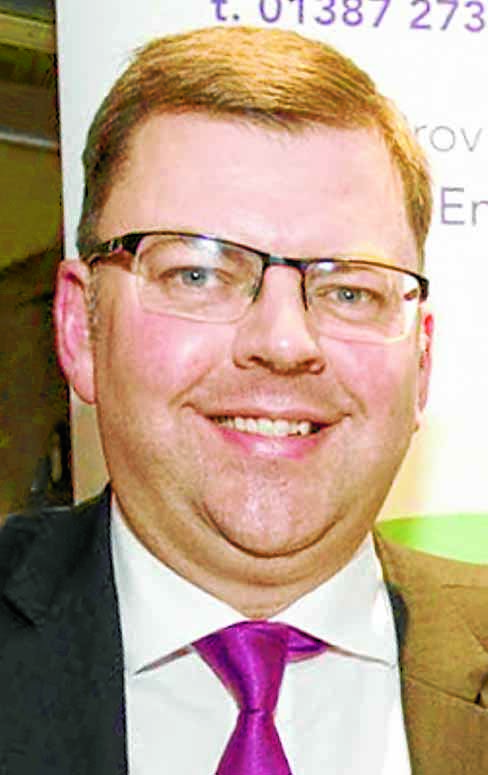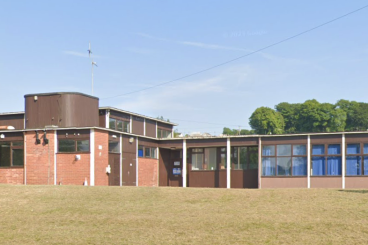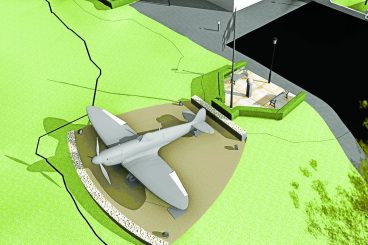His calls come amid mounting problems with the scheme and fears of a lack of awareness of the new requirements that come into effect in just a few weeks.
There are also concerns around affordability for the new alarms which will cost householders around £220, and the Cabinet Secretary recently admitted that “some manufacturers are facing supply issues”.
The new rules, due in next month, state that every home in Scotland must have a smoke alarm in the room people spend most of the day in, usually the living room, and one smoke alarm in every circulation space on each storey, such as hallways and landings as well as one heat alarm in the kitchen. All smoke alarms need to be mounted on the ceiling and crucially be interlinked. This means that if one alarm goes off, they will all go off. For those who have a carbon-fuelled appliance- like a boiler, fire, heater or flue- they must also have a carbon monoxide detector, although this does not need to be linked to the smoke alarms.
But this week Colin Smyth said: “Unless these changes are delayed, thousands of my constituents across the area will end up inadvertently breaking the law in just a few weeks, either because they aren’t aware of the new rules or they physically cannot get hold of the equipment.
“It is beyond ridiculous to plough ahead with this law change next month when people can’t even buy the equipment required and many just don’t know anything about the change in the law.
“This policy has been plagued with problems from the start – but this is a new level of incompetence from the SNP. There are mounting concerns on everything from affordability and public awareness.”
Describing the ‘chaos’ around the scheme, he added: “This was a chance to improve safety in millions of homes – but the SNP’s total lack of preparation has made it completely unworkable, leaving us with no option but to have a delay again.
“These must be pushed back by another year. We need to make sure everyone knows about these changes with a proper public awareness campaign, those on low income are given help so they can afford the equipment and if needed, help with the installation and we have to make sure people in every part of the country can access supplies.”
























